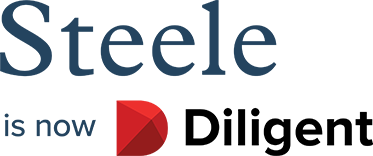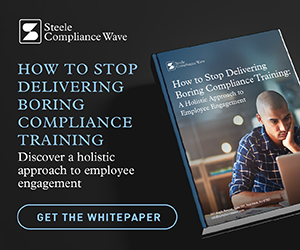7/29/16: Every company has a hotline as part of its compliance program. When it is used by employees, the hotline can be one of the company’s most vital resources in identifying potential misconduct and stopping it. But, too often employees do not use hotlines to report possible misconduct. It’s a serious problem. The July/August issue of Fraud Magazine, (the magazine of the Association of Certified Fraud Examiners) features an article entitled “Top Ten Factors Leading to Hotline Distrust.” In it, the authors explain why hotlines are so frequently ignored and what companies can do to change that pattern.
Compliance Communications Blog
Compliance Wave
Recent Posts
7/29/16: There’s no absence of heat in discussions about the 2016 presidential election – not on TV, not in the neighborhood, not in the workplace. A new survey by CareerBuilder shows just how heated the conversation in the workplace is, with nearly 1 in 5 employees admitting that they have argued with co-workers about the topic. A press release by CareerBuilder breaks down the survey results, not just about office tension but also about how “political correctness” may affect the workplace. Most important, the release points out tips about how to keep the temperature down in the workplace and avoid potential harassment problems.
7/29/16: In a post on the Blog for Business Law, Gerry Richardson reviews the recent EEOC study on workplace harassment. “The report,” writes Richardson, “addresses not only sexual harassment, but also workplace harassment claims based on any one or more of race, disability, color, age, national origin, ethnicity, or religion.” An especially useful portion of the report and Richardson’s post is an overview of the risk factors that may represent “… fertile ground for harassment to occur.” Richardson’s post highlights the report’s practical suggestions from the EEOC to employers for improving their own compliance and minimizing the risk of workplace harassment.
7/29/16: In July, the European Commission adopted a proposal to reinforce EU rules against money laundering and terrorist financing. The proposal amends the Fourth Anti-Money Laundering Directive to “… better counter the financing of terrorism and to ensure increased transparency of
7/15/16: Although the Department of Justice’ proposed legislation to advance US anti-corruption efforts remains waiting for approval by the US Congress, it represents an important signal to compliance professionals about DOJ’s thinking. The proposal involves legislative amendments relating to the illegal proceeds of transnational corruption and other substantive corruption offenses. One of the most significant provisions is


